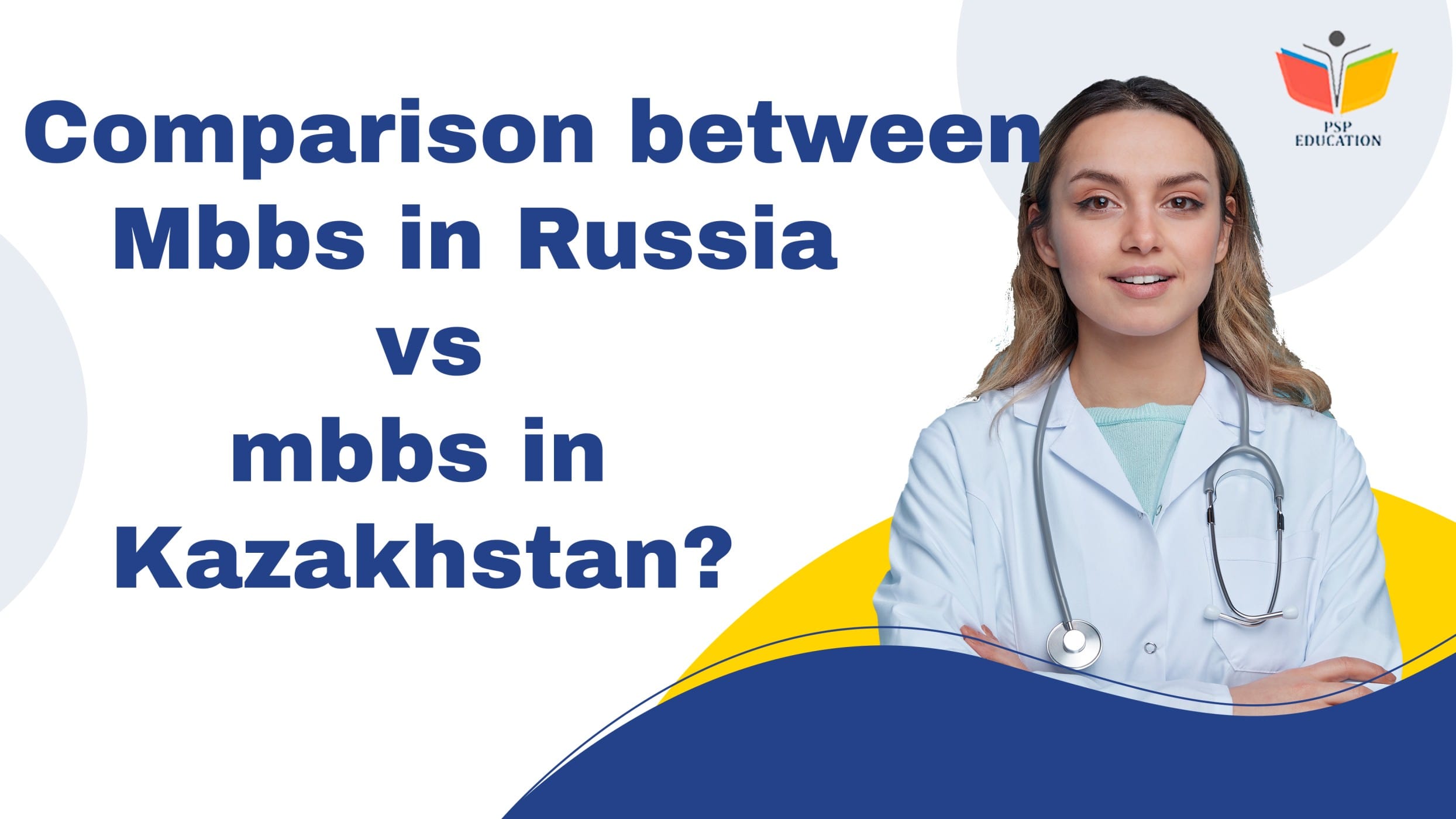
Kazakhstan is an Asian country that is widely regarded as the world's only landlocked country. Kazakhstan is also the world's tenth largest country, bordering China, Russia, Kyrgyzstan, and Uzbekistan, among others. This country's infrastructure is incredibly dynamic, consisting of deltas, hills, mountains, rocks, and so forth... As a result, in terms of infrastructure, it is a very diversified country.
Furthermore, medical education in Kazakhstan is improving, and the country now boasts a good number of schools and universities, particularly in the field of medicine.
Because to the growing number of universities and medical institutes in Kazakhstan, MBBS is becoming increasingly popular. In today's essay, we'll essentially discuss the same topic: how and why Kazakhstan is becoming a favourite location for MBBS students from around the world.
As a result, if you're interested in studying MBBS in Kazakhstan, you can learn a lot from this essay on the subject.
MBBS in Kazakhstan for Indian students is a very respectable option due to the fierce rivalry in the area of Indian medicine. Every year, a huge number of MBBS applicants sit for the NEET 2020 exam, but only a small percentage of them pass.
Only those who pass the exam with the lowest possible grade are offered MBBS positions, with the rest up to them. This is why MBBS in Kazakhstan is a fantastic alternative for all Indian MBBS aspirants. Because the competition for the MBBS in Kazakhstan is considerably low compared to the MBBS in India, all MBBS applicants have a good chance of being accepted.
Admission to the MBBS in Kazakhstan is contingent on medical applicants' willingness, although there are other reasons why the MBBS in Kazakhstan is a preferable alternative.
The following are some reasons why studying MBBS in Kazakhstan is a good idea.
In Kazakhstan, students can pursue the MBBS programme in a variety of universities/mediums, depending on their preferences.
The main medical organisations in the world, such as WHO, GMC, UNESCO, MCI, and others, have accredited all medical schools or universities in Kazakhstan, and the cost of MBBS education Kazakhstan has a lower rate of unemployment than other countries.
For international applicants, the cost of living in Kazakhstan is quite low, and the country's environment is very safe.
Medical education in Kazakhstan's MCI-approved universities is quite high, as it is in other affluent countries.
Many criteria, in addition to accessibility and quality, make Mbbs in Russia one of the most advantageous options for Indian students interested in studying abroad. Among the many advantages accessible to international students studying in Russia are the following: Scholarship opportunities Russia is one of the few countries in the world that provides state-funded education to overseas students. Around 15,000 international students receive a scholarship to study in Russia each year.
If you receive a scholarship from the Russian government, the government will cover your program's tuition as well as your living expenses. See How to Get a Scholarship to Study in Russia for more information.
Low cost of living
In comparison to the cost of living in other European nations and countries such as the United States, Australia, and the United Kingdom, the average cost of living in Russia can reach up to $ 140 per month.
Personalized learning experience In Russia, the student-to-teacher ratio is 11:1. This is similar to the ratio in wealthy European countries. The student-to-teacher ratio guarantees that each pupil receives sufficient attention from the teachers. It also allows for a more tailored learning experience and more possibilities for students and teachers to interact.
European lifestyle
Russia is a transcontinental country with a European lifestyle. Surprisingly, despite the fact that more than 75% of Russian territory is in Asia and less than 25% in Europe, over 77 percent of the Russian population lives in European Russia Science Articles, while only about 23% lives in Asia.